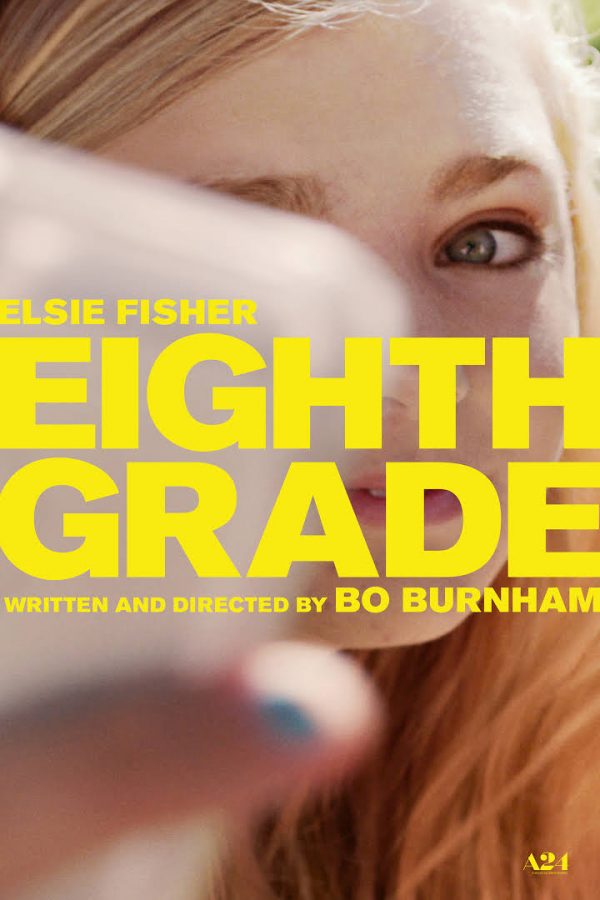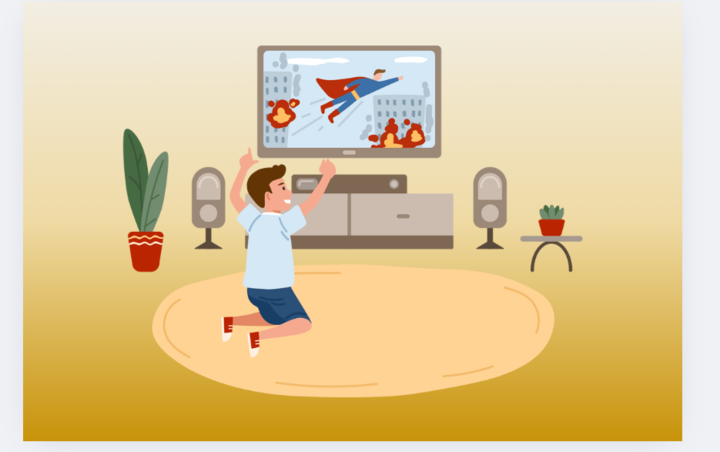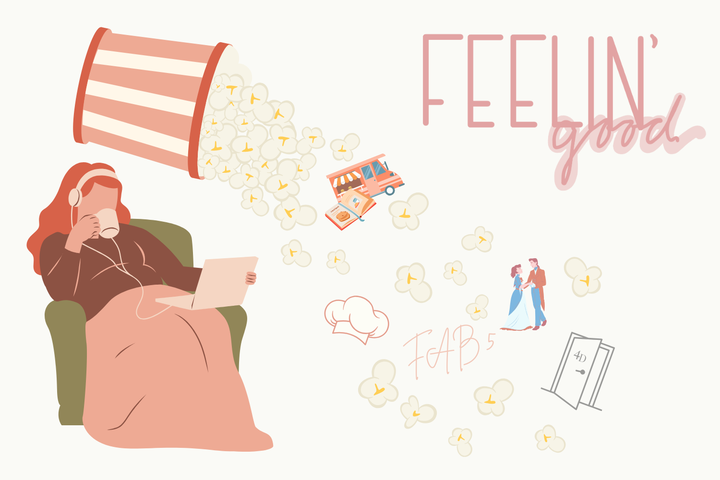I expected to like Eighth Grade. It received rave reviews at Sundance Film Festival. It holds a whopping 98% on Rotten Tomatoes. YouTuber turned stand-up comedian Bo Burnham, a man whom I’ve followed and looked up to for years, wrote and directed the film. I went into the theater feeling like a million dollars, and left regretting every decision I’d made before the age of 16. So yeah, I loved it.
Eighth Grade follows Kayla, a timid 14-year-old trying to make it through the last week of middle school. She goes to class, shadows a high school senior, hangs out at a pool party and does other eighth grade stuff. She loves to make YouTube videos giving advice to other eighth graders about topics she deals with each day (despite her lack of an audience). By the end of the week, she graduates, the movie ends and you can finally exhale in relief.
Since viewing Eighth Grade, I’ve seen countless tweets, Instagrams and Snapchat stories from celebrities and friends “thanking” Burnham for making the film. While this may seem a bit unnecessary, I have to thank him too. I’m not thanking him for making the Breakfast Club of my generation, or for making me nostalgic for my pre-adolescent years. I’m thanking him for recreating the chills, the cringes, the nausea, the tears, the nervous laughter and the moments of relief that defined my middle school career.
But Eighth Grade isn’t just for the young-adult demographic that fits the film’s R-rating. Burnham made a film with an even younger audience in mind— those in middle school right now. The movie teems with references that are only years old; characters are scrolling through Instagram feeds, quoting Vines, following YouTube makeup tutorials, watching Rick and Morty and making countless references to current pop culture. Burnham even went as far to hold fifty free screenings of the film nationwide, with no ratings enforced. Eighth graders everywhere were welcome to view their own world on screen, because—like the film—the real eighth grade is rated R.
Eighth Grade wasn’t even initially about eighth grade. Bo originally wanted his debut film to center around a more personal theme: anxiety. As a stand up comedian, he had abject stage fright, suffering from panic attack after panic attack in between and during shows. Burnham told the New Yorker that he wanted to make something “about anxiety—my own anxiety—and [how] I was coming to grips with that.” Burnham equated his own anxiety to that of a young girl finishing one of the most stressful periods of anyone’s life.
As a portrayal of anxiety, Eighth Grade is a resounding success. Anna Meredith’s score intensifies an event as mundane as a pool party, turning it into a daunting challenge (and honestly, what’s more daunting than a pool party when you’re 14). The cinematography is very wide, placing characters on opposite ends of the frame, emphasizing the distance Kayla feels from her peers and father. The shots have a digital feel, reflecting the social media our protagonist consumes and creates. The direction is cold and calculated, following Kayla objectively through her final week of school. The humor is dry, relatable and timid. All of these add up to an amalgamation of anxiety that can only be found in the mind of a middle schooler.
So, I thank Burnham for his accurate depiction of eighth grade. I thank him for allowing the film to be viewed by those living through it. I thank him for helping normalize and vocalize the issue of anxiety in the age of the Internet. I thank him for making a film that my friends and I could personally relate to. I thank him for being able to express his own emotions from an unlikely lens. I thank him for making Eighth Grade without holding anything back about that treacherous year. Thank you, Bo. I can’t wait to see what you make next.
Eighth Grade is currently showing at the Belcourt Theatre and Regal Opry Mills Stadium.






